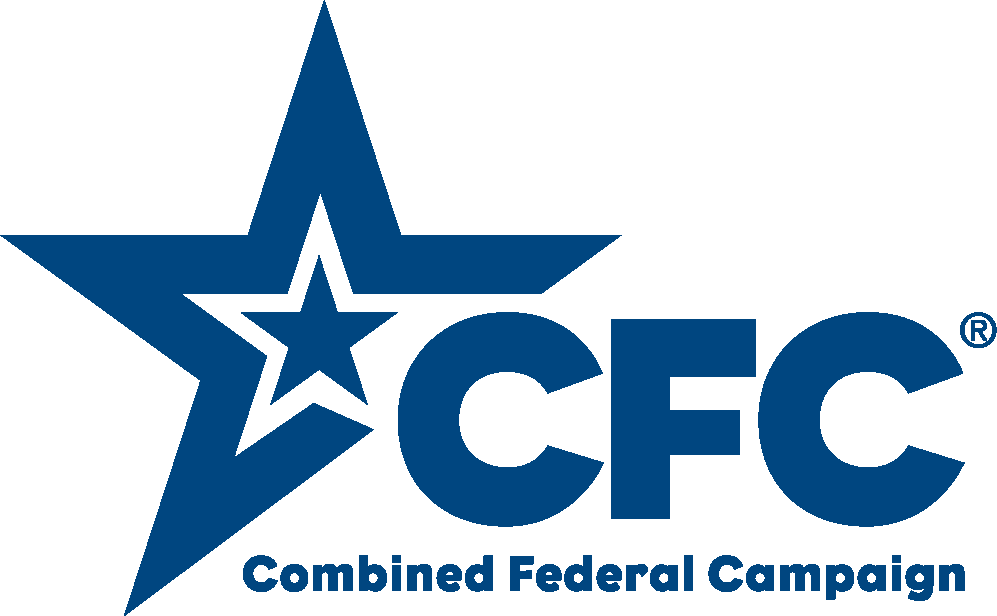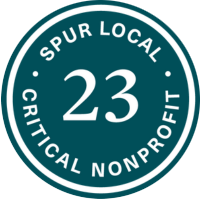“I am weary with groaning; every night I drench my bed, I melt my couch in tears.”
~ Psalm 6:7, recited by many communities leading up to Rosh Hashanah
I felt exhausted going into Rosh Hashanah. A challenging year at work. The horror of national politics. The ongoing stresses of being a working parent. I am weary. Many of us are weary.
How do I find the energy for another phone call to a voter or an elected official, another Sunday knocking doors to get out the vote, another protest? Where in my mind is there room for the intricacies of yet another issue? How do I keep myself from going numb in the face of unremitting awfulness?
I know with every fiber of my being that I must not give in to exhaustion or hopelessness. That my friends and neighbors are depending on me – because each of us is required, called to action in these times. As deeply as I feel this call, I am still, deeply, exhausted.

I heard our prayers in services differently this year through this lens, and I was inspired by our ancient tradition’s teachings about how to keep on keeping on:
True Authority: Our Rosh Hashanah and Yom Kippur prayers declare that “wickedness will shut its mouth, evil will vanish like smoke, and the rule of corruption will be abolished from the earth.” Corrupt and inhumane political leadership poisons people’s trust and hopefulness – but the words of our prayerbooks remind us that this false leadership will not last. Eventually, justice and righteousness will prevail. The people who shaped these prayers were not naive. Many of them, too, lived in terrible times, with little hope for change in their lifetimes. And yet they dared to write and speak audacious prayers insisting that a better world is possible.
Our ancestors pledged their allegiance – sometimes at great cost – to a vision of being led and sustained by a just, loving, forgiving, generous, joyful Power. They had faith that someday all people would dream and work together to realize that vision of a just world. How can we draw strength from their faith?
Memory: Mostly we think of the holidays as a time to take stock of our failings and figure out how to do better in the year ahead. This is critical. But our prayers also ask that we remember the good we have done this year and the good that our ancestors did in times past. We can be judged, and judge ourselves, by how we have triumphed, and not just by our failures. Remembering the good and letting it energize us is an essential part of moving past weariness, numbness, and grief.
Together our JUFJ community has done a lot of good this year: raising the minimum wage in Montgomery County, finally ending the attacks on paid family leave in DC, stopping water privatization in Baltimore, and so much more. Even in this political era, our community is building power, learning and teaching each other, growing, and making change. How can we savor those powerful moments and let them fill us with energy for the coming year?
Staying Woke: Being awake these days opens us to terror, pain, and grief all around us. Sometimes I just want to close my ears and shut down. But the primal blast of the shofar speaks louder than words: Danger! Wake up! It’s imperative to keep our ears and our hearts open- and much more likely to happen when we do it together. We blow the shofar in community to remind us to wake up, bear witness, and respond, together.
One of the many names for the Divine is “Mechayei Hameitim,” Reviver of the Dead. This year I am praying for the revival of the parts of my heart and mind that have become tired, numb, and dead. How can these holidays – time with family and friends, joy, treats, laughter, song, reflection, words of Torah, spiritual work – revive and restore us, open our hearts, and get us ready to respond together to what we hear this year?
Finally, Forgiveness: We seem to be living in a constant state of emergency. I am exhausted because I can’t stop thinking about how much there is to do. And I feel guilty because I can’t even do half of what I want to. How do I care for my family, do my job, and respond to the relentless acts of inhumanity perpetrated by our leaders? What is the right balance? How much is enough? I don’t have the answers, but our prayerbook says again and again that our Source is compassionate, loving, patient, never tired, overflowing with generosity, and ready to forgive. What would change if we allowed ourselves to believe this deeply?
In this season of teshuva/atonement and change, I feel the weight of these dire times in my bones. I have been numb and hopeless, and I probably will be again. But during these Days of Awe I am getting myself ready to hope bravely and boldly again. I am reaching for the jolt of joy in our triumphs. I am seeking out open-hearted community. And I am reminding myself that compassion and forgiveness will light the way forward.
Gemar chatimah tovah. May we all be inscribed and sealed for a good new year.
Rabbi Elizabeth
To see our collection of recipes from JUFJ staff for a sweet (and savory) and just new year, click here.





